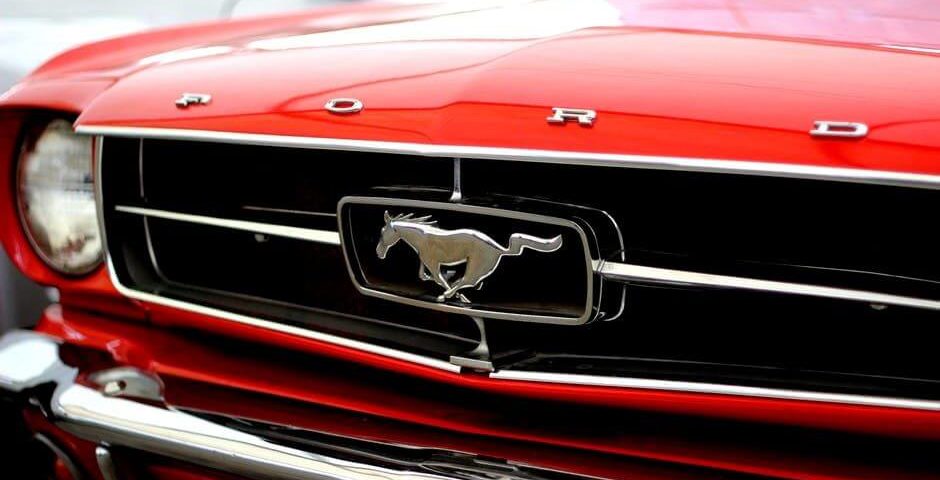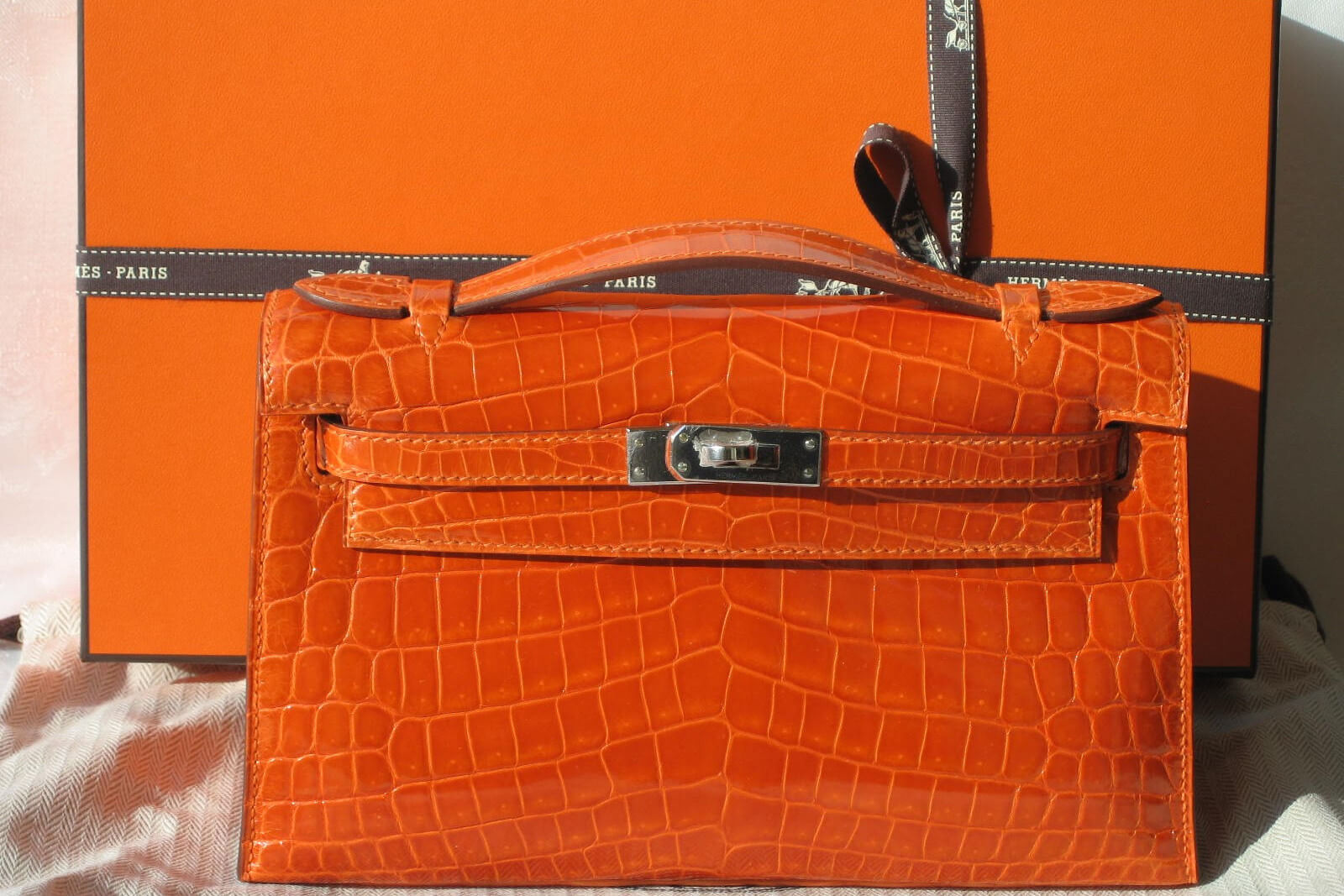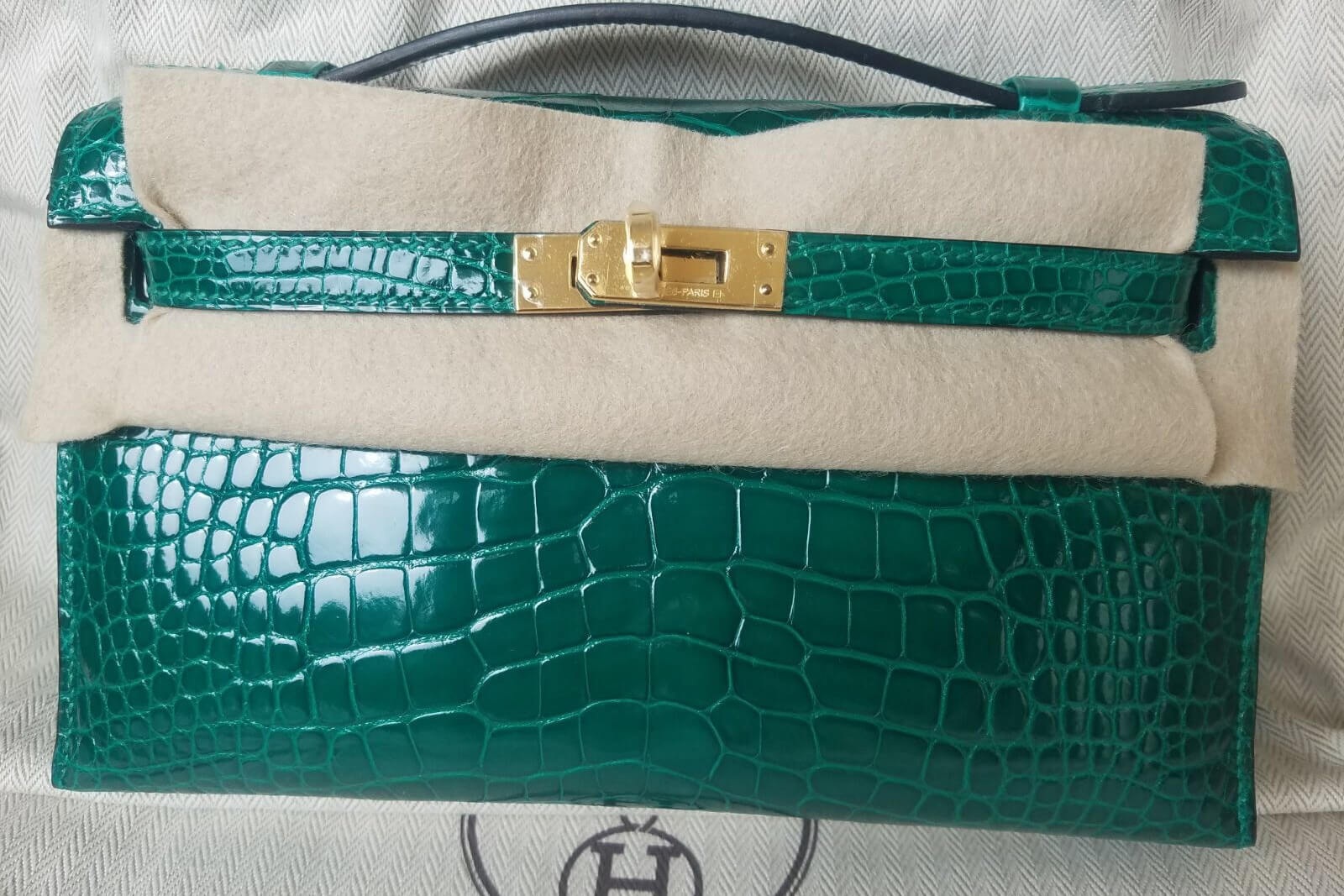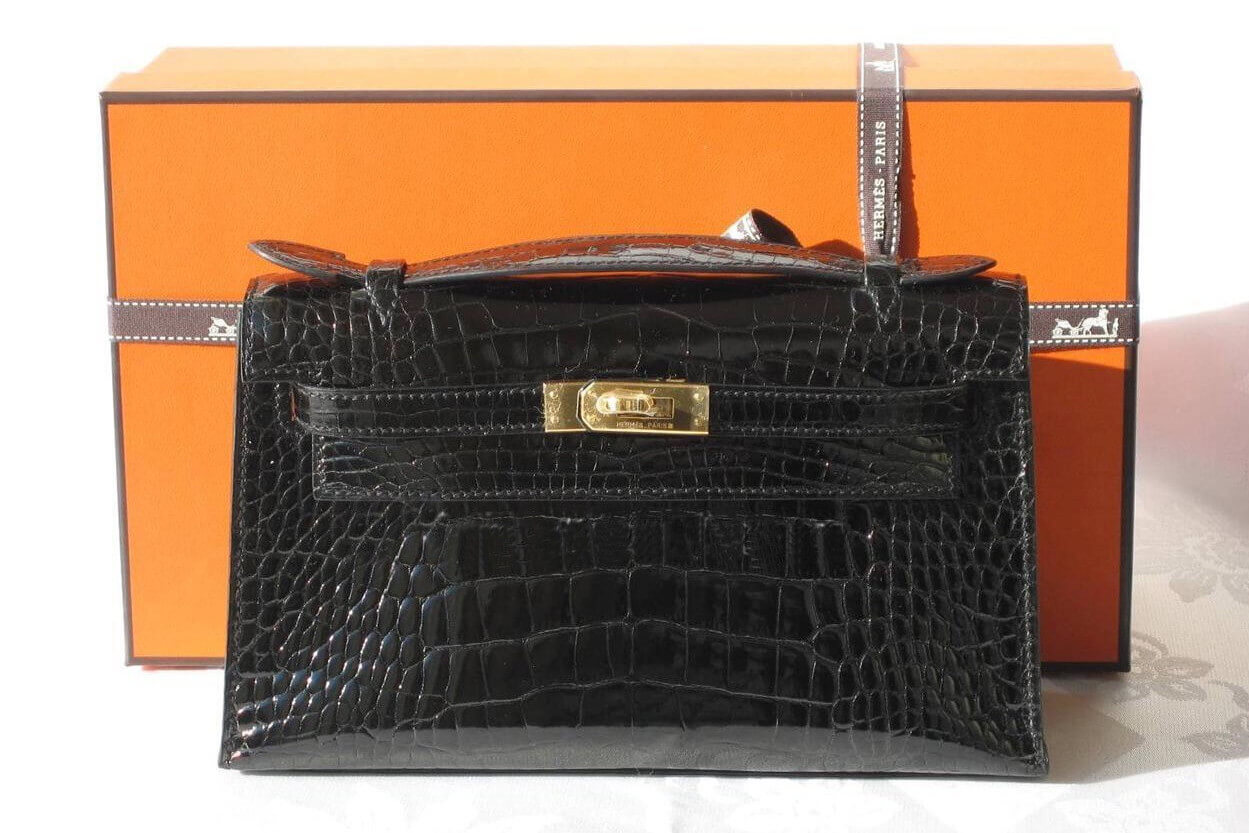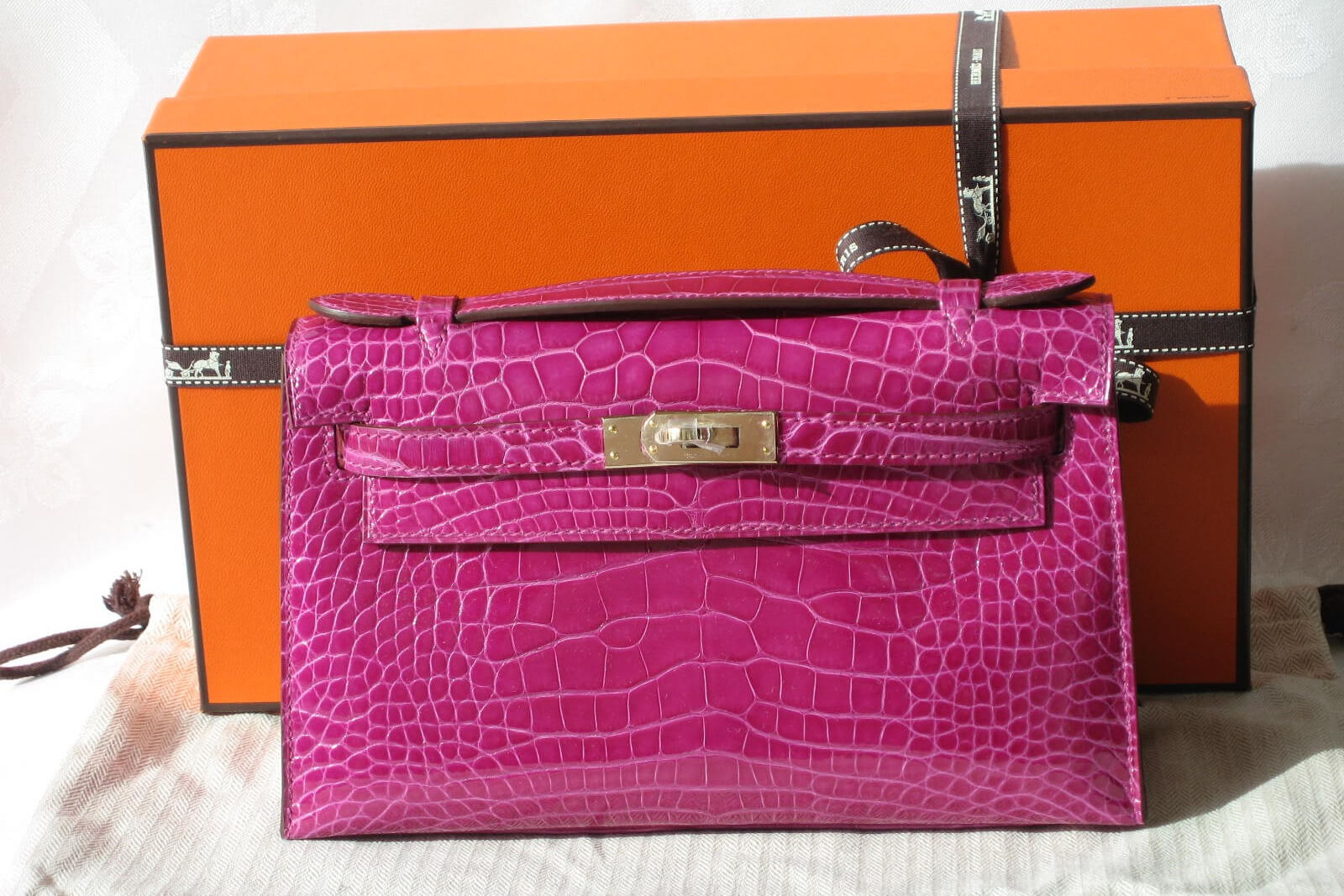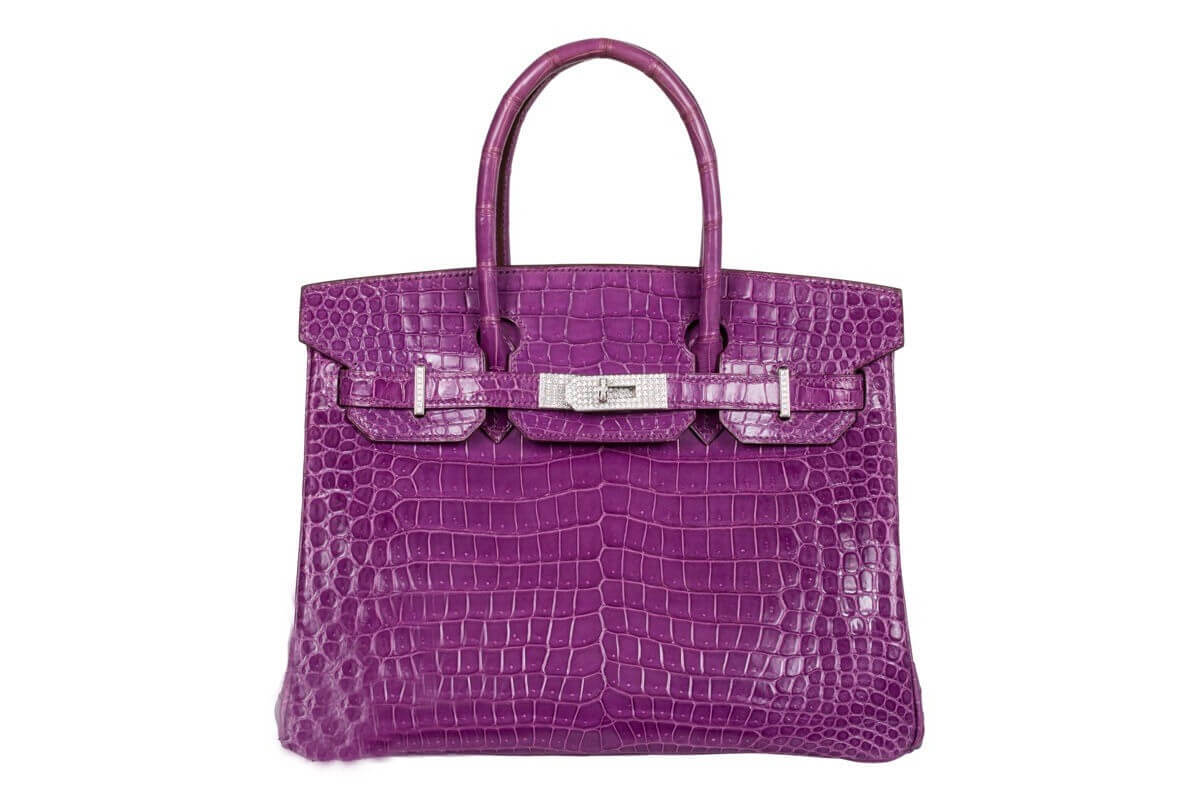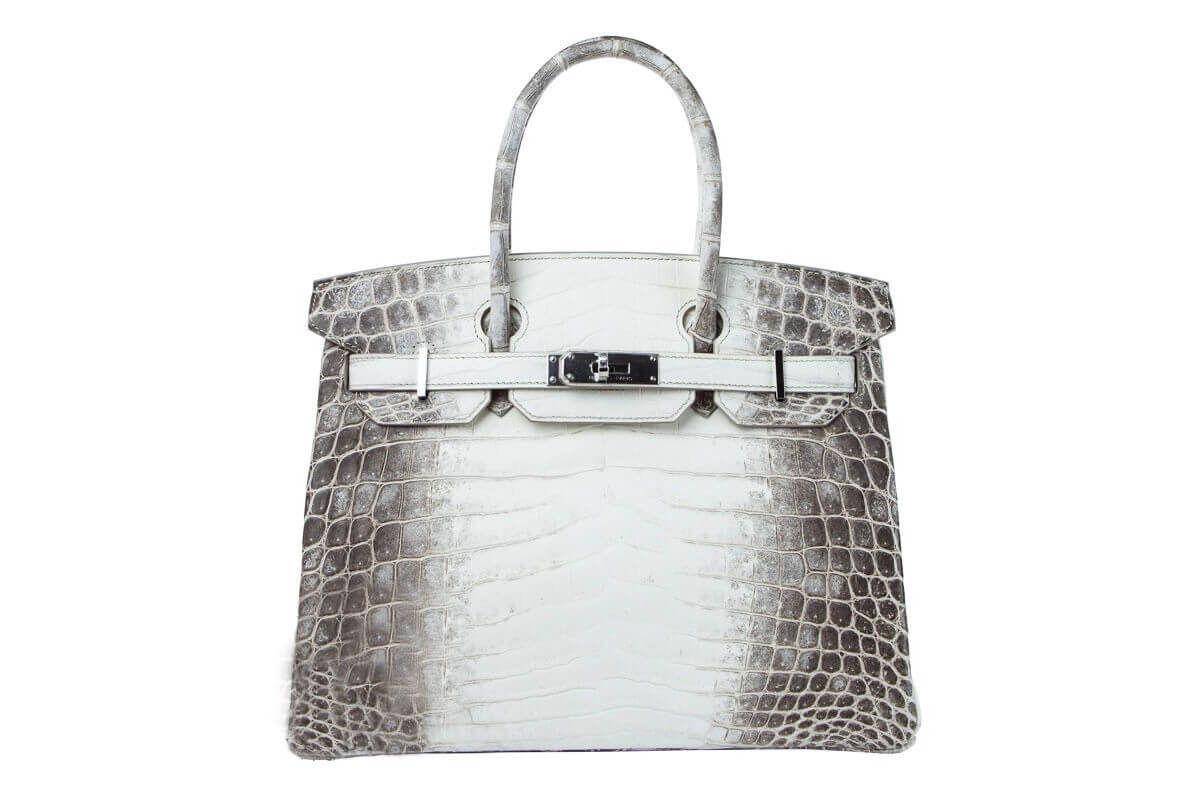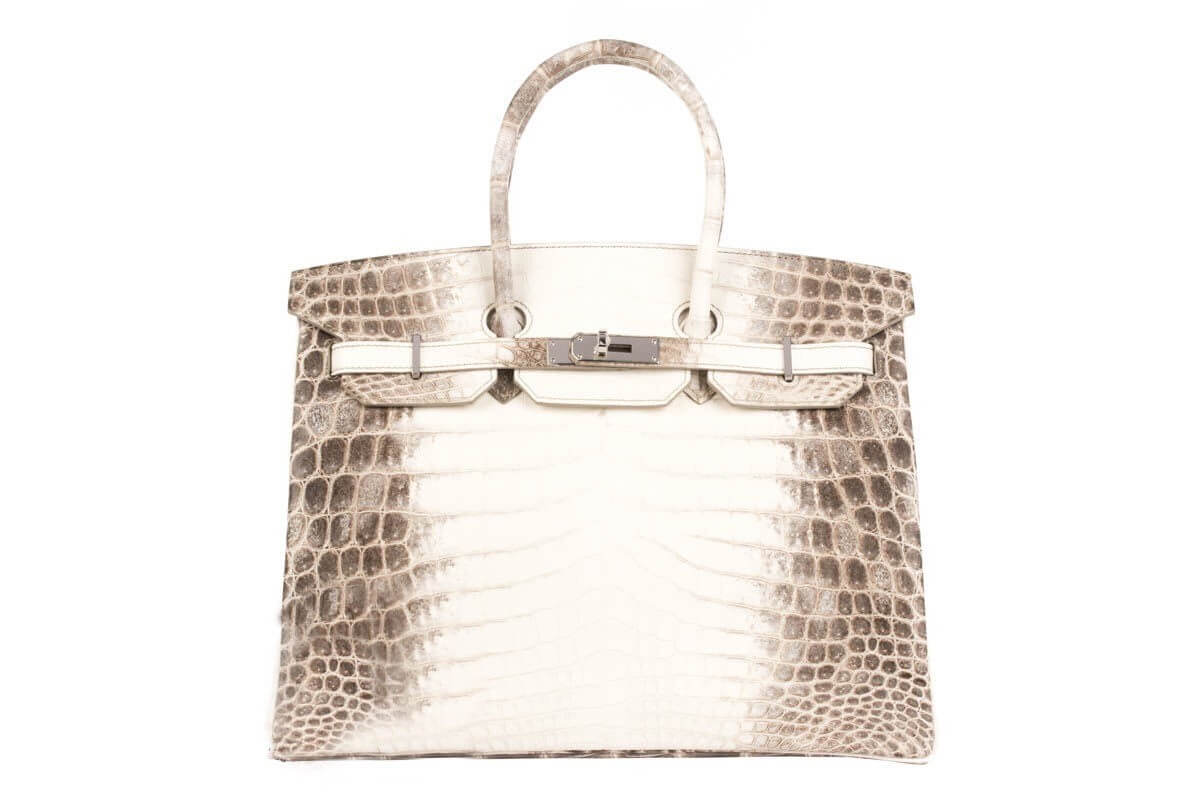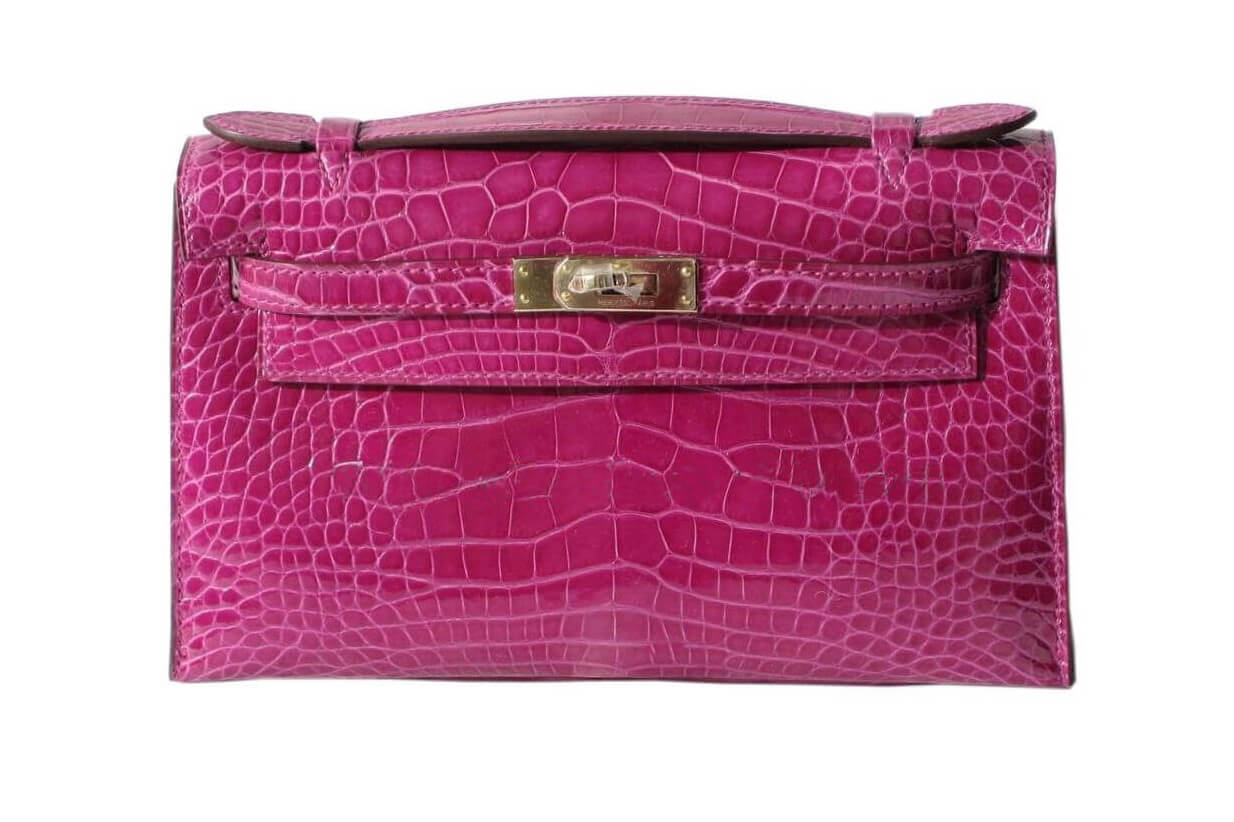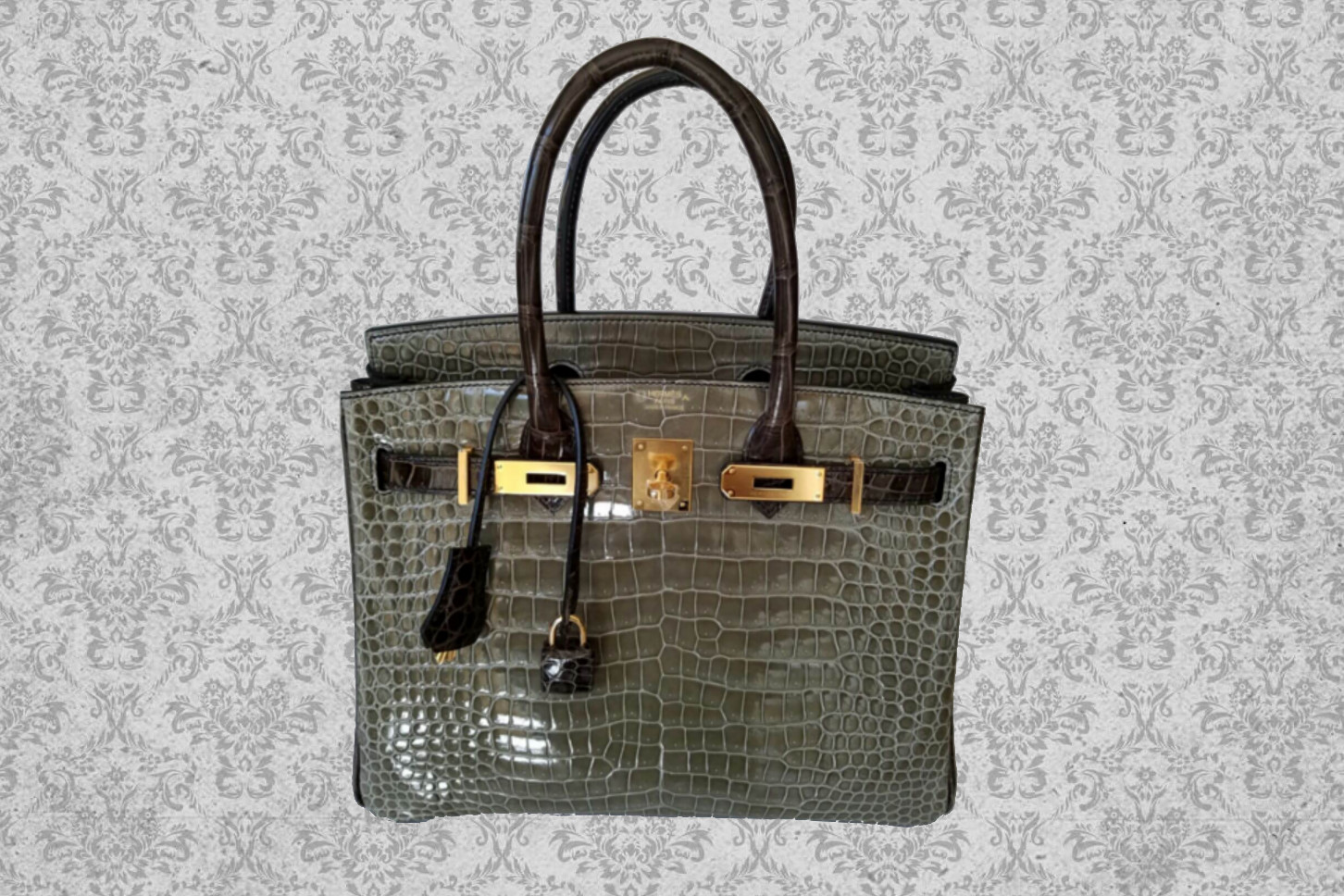Excited to buy a classic car? Whether it is for a classic car competition or a life long dream, there are a few things to consider before purchasing.
Can you feel that money burning a hole in your pocket quicker than a V8 burning through gas? Classic cars are a statement, a show of your personality, and choosing the right one is important. Everyone wants to look cool at the car show, and no one wants to turn up driving a dud.
If you are looking to buy a classic car, the pitfalls can be expensive and perilous. To help you get the most from your money and not fall into a scam, we present 7 tips to help you buy a classic car.
1. What Is the Upkeep Cost?
Very often, you will hear about classic car collectors making a purchase, and selling it years after for thousands more than they paid. However, what they fail to speak about are the upkeep costs. Even if you choose to keep a car and rarely take it out, it is going to cost you money.
In addition to money spent on parts, upkeep, and maintenance, you will also find that it costs you time to upkeep a car. Whether doing repairs yourself, taking it to the garage, or making sure it goes out for a run once in a while. Time is money, and if you do not have time to spare then classic cars may not be for you.
2. Consider Your Environment
When it comes to the environment, there are two considerations you must take into account. The first is the damage a classic car can do to the environment, and the second is the damage the environment can do to your car.
Many classic cars do not have catalytic converters and devour gas, meaning that their emissions are extremely high. Turbo engines were designed for power, giving as much as they could without taking any environmental considerations. This can often result in high tax rates and fuel costs if you plan to use the car regularly.
Finally, your own environment can impact the type of car you should buy. Some cars were extremely prone to rot, so if you are in a salty, ocean environment or a place with heavy winter snows, then you should avoid these types of vehicles. If you are in a sandy, desert environment, these materials can get into the engines of cars not designed for this climate and cause terrible damage.
3. What is the Insurance Cost?
Luckily, insurance for a classic car is usually cheaper than other vehicles, if you get insurance through a specialist provider. Classic cars do not have a uniform policy, however, and certain valuable or antique cars can cost a lot more to insure. Before making a purchase, check the insurance rates for your vehicle and factor them into your upkeep costs.
When searching for a policy, shop around for the best quote. The year of manufacture, type of car, excess, and policy limit all play a factor in the overall price. If you plan to keep the car over a long period of time as an investment, then a lower policy can save a lot of money over the coming years.
4. Get a Professional Opinion Before Buying
Even those with a good knowledge of cars and mechanics should consider getting a second opinion when looking at a car. Very often, the second set of eyes can notice things that you may have overlooked, or have knowledge and experience you do not. If you can get someone who has a specialism in the model of vehicle, this is even better.
If you do not know about mechanics, then it is a must to get a professional opinion. While a car may look great, it could have structural damage or faulty engine parts. You may end up paying for a car that requires thousands of pounds of dollars worth of work on top of the price you already paid.
5. Buy a Classic Car You Love
The car you choose will almost be like a family member. It will bring you fun days out, and you will spend a lot of time nurturing and maintaining it. So you have to actually like it, a lot.
Don’t go for a car just because you think it will go up in value. When you end up spending time and money on the project, you may end up coming to hate the car and view the investment as a mistake.
In addition, choose something that appeals to you and your sense of style. Just because everyone else at the shows has a Ferrari, does not mean your Mini Cooper is without its own sense of panache and style.
6. Research the Car and Model
No matter how much you love the look and style of a classic, you should always do your research. Search online for reviews and the history of the car. Join some forums and social media groups, and ask questions or join in with discussions.
This way, you will get an honest opinion on the strengths and weaknesses of the car and manufacturer. It may be that the particular years model you are purchasing had specific problems that you need to be aware of.
This is also a good way to gauge the price of a car and desirability. You may even see some in better condition and price than the one you were considering buying.
7. Check the Numbers
All cars contain vehicle identification numbers (VIN) dotted around their chassis. This is used to check that the car is made up of the original pieces, and is not a Frankenstein monster of cars and chassis.
You can find VIN numbers stamped on the engine, the exterior of the dashboard, the inside of the hood, and numerous other places depending on the model. Check that they all match up and if not ask for the correct vehicle documentation to show when and why this is different. In general, differing VIN numbers signal trouble.
Drive It Regularly
The final thing you need to do after you buy a classic car is to make sure you drive your car regularly. Not only does it keep the engine healthy, but classic cars are also made to be enjoyed.
Refined Marques are specialists in luxury car sales and rentals. We can help you find your ideal classic, or even let you take one out for a day with one of our fast classic cars for rent. Contact us today and drive away with your own slice of history.

